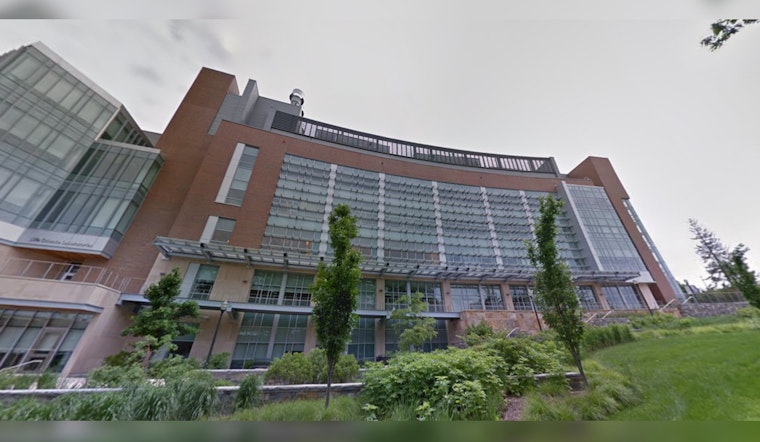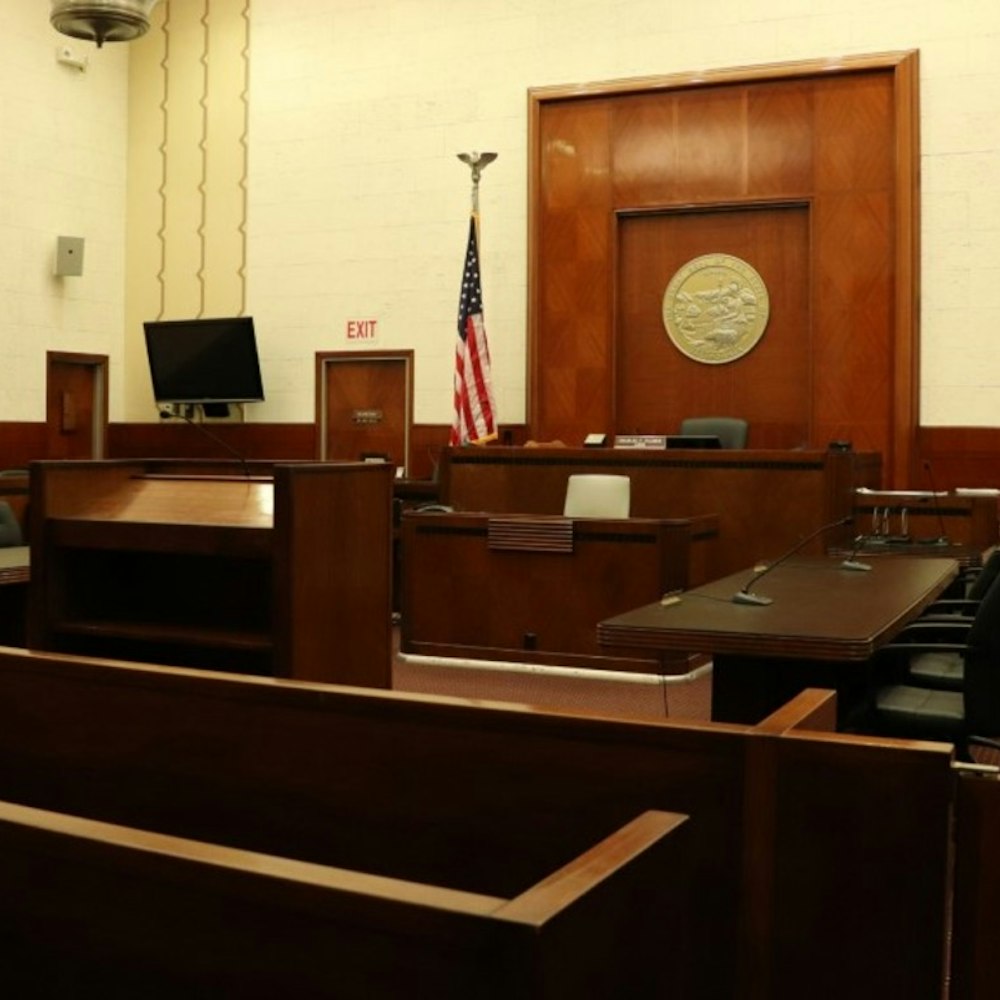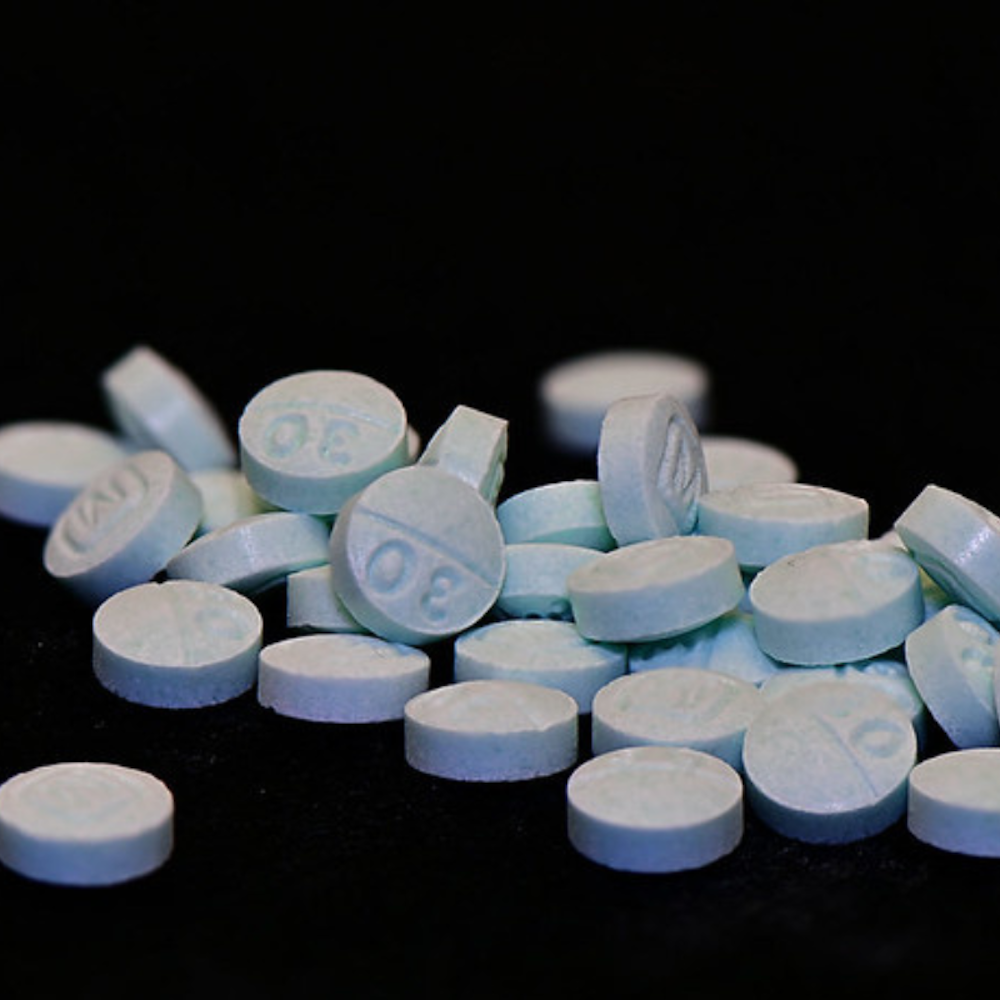
A recent study from the University of Massachusetts Amherst suggests that high school students are not more inclined to use marijuana, even after its legalization in Massachusetts in 2016. The research, published on November 17, analyzes the perception of adolescent marijuana usage, considering external influences like parents, siblings, and friends before and after legalization according to the UMass Report.
With 24 states and the District of Columbia now legalizing marijuana for adult recreational usage, there is an increasing need to understand its possible impact on youth. The researcher, Faith English, a doctoral candidate at the School of Public Health and Health Sciences, seeks answers to whether marijuana usage among youth escalates with its legalization.
English observes that youth behavior is impacted by peer influence. The recent research, in addition, thoroughly examines the relationships that adolescents have with siblings, parents, and friends pre- and post-legalization. The results found that even though the probability of marijuana use among youth often relates to whether their friends and family use marijuana, there is no significant correlation with the state's decision to legalize it.
Researchers discovered that a best friend's actual or presumed usage of marijuana has more influence on adolescents than the usage by parents or siblings, indicating that this is a critical area to focus on for prevention campaigns. English and her team gauged this by analyzing survey data, taken pre- and post-legalization, from two high schools in eastern Massachusetts. Their comparisons of data from 2016, before marijuana legalization, and then from 2018, after legalization but before retail stores opened, showed no discernible difference in the rate of marijuana use.
It was also noticed that post-marijuana legalization, around 24% of the surveyed adolescents—up from 18% prior to legalization—believed that their parents were using marijuana. The data suggests that perceptions of marijuana use may have been normalized within families even before retail stores started selling it.
English is investigating how legalization impacts youth interactions with the criminal justice system and school-based discipline as part of her broader research. Her doctoral dissertation examines the evolving trend of cannabis-related school discipline in Massachusetts and conducts qualitative interviews with individuals aged 14–20 for deeper insights into their experiences with school discipline. As she sees a connection between school discipline and pathways leading to the criminal justice system, this is a particular concern to her.
English emphasizes the dynamic nature of policy and how real-time marijuana legalization can be seen as a public health policy affecting youth. She is exploring the potential harm or benefit legalization could bring in the context of the war on drugs and subsequent mass incarcerations. As the legalization of marijuana advances, research like this from UMass Amherst is crucial in comprehending its societal implications, especially for the vulnerable youth population.









